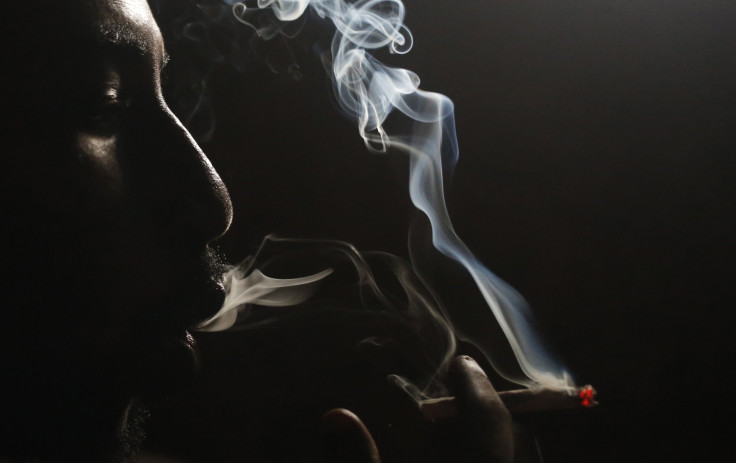Heroin In The US: Drug Trafficking Ring Busted In Bucks County, Pennsylvania

Authorities in a small town just north of Philadelphia broke up an 11-person, $1 million heroin ring Tuesday, according to local media.
Of the 13 people arrested as a result of a nine-month investigation, three brothers in their early-to-late-twenties sold 200 to 400 bundles of heroin on a weekly basis in and around Quakertown, a rural area of Upper Bucks County, in southeast Pennsylvania, and Allentown, a small city outside of Philadelphia, according to Philly.com, the parent of the Philadelphia Inquirer.
Read: Heroin-Opioid Addiction Epidemic: Americans Need Work On Drug Abuse Awareness, Study Says
The business relied on sales of the drug from a longtime supplier, based in West Philadelphia, according to the Morning Call, Allentown’s newspaper. It led to at least two overdose deaths in the area. Officials told the Morning Call the trafficking network “led to widespread addiction among young citizens of the Quakertown area.”
The bust stood as just one example of America’s escalating heroin epidemic.
In a June report, the United Nations Office on Drugs and Crime said the number of heroin users in the U.S. nearly tripled between 2003 and 2014, to about one million. Deaths related to the drug increased by a multiple of five since the year 2000, a phenomenon UNODC Executive Director Yury Fedotov called “alarming.”
In a report by the Centers for Disease Control and Prevention in February, the Atlanta-based public health institute found that a quarter of overdose deaths stemmed from heroin, up from 8 percent in 2010.
The spike in heroin use has served as a staple of President Donald Trump’s speeches, as well as his pleas for tougher control of the U.S. border with Mexico, the primary origin of the drug in the U.S.
“We’re becoming a drug-infested nation,” he said in a mid-February address. “Drugs are becoming cheaper than candy bars, and we’re not going to let it happen any longer.”
It was not immediately clear which drugs he was referring to, but, as CNBC noted, the second claim was somewhat dubious. His belief that a “big, beautiful, powerful wall” along the U.S.-Mexico border would effectively curb the epidemic has also been widely disputed.
The administration of former President Barack Obama took a different approach in early 2016, providing $11 million in state funding for treatment programs.
© Copyright IBTimes 2025. All rights reserved.






















